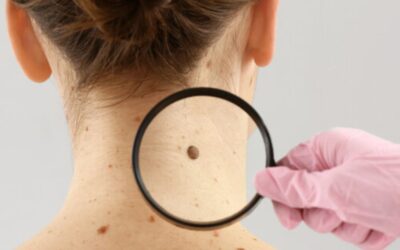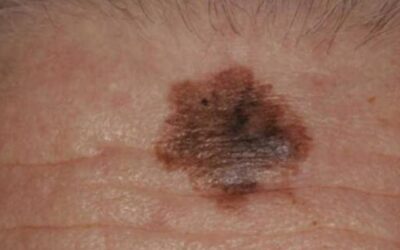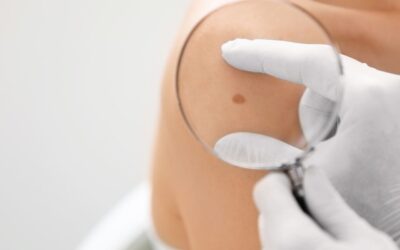It is a must that we look after our skin.
With that, this article covers everything you need to know about Squamous cell carcinoma or SCC and its treatment options.
What is Squamous Cell Carcinoma?
Squamous cell carcinoma seldom spreads to other parts of the body, and when it does, it usually does so slowly.
Most occurrences of squamous cell carcinoma are discovered before cancer has spread to the deeper layers of the skin.
Several forms of squamous cell carcinoma exist, and some spread more rapidly than others.
The two most prevalent types of skin cancer are basal cell cancer,
which begins in the skin’s lowest layer, and squamous cell cancer, which begins in the skin’s top layer.
Squamous cell carcinoma originates in the squamous cells that line the middle and outer layers of the skin.
Squamous cell carcinoma of the skin is usually not life-threatening, however, it can be aggressive in its growth and spread,
resulting in serious issues if left untreated.
Causes of SCC
This type of skin cancer is most commonly found on sun-exposed skin, such as on the scalp or backs of your hands.
In addition, it can also be found on the mouth, the bottom of your feet, and it can also appear anywhere else on your body.
If you want to lower your risk of developing SCC, you should avoid the sun’s harmful ultraviolet rays.
The cause of squamous cell carcinoma is when your skin’s squamous cells, which are flat and thin, develop DNA mutations.
Mutations cause squamous cells to grow out of control and continue to live even though normal cells would die as a result of their abnormal growth.
Symptoms and Diagnosis of SCC
Basal and squamous skin cancer may appear a scar-like appearance to the light or yellow regions that are flat and hard.
SCC can be an itchy rash of reddish areas. It can also be scaly red spots that may crust or leak blood.
It can also appear like tiny, pearly lumps that may be pink or red, glossy and pearly, or it may appear to have growths like warts.
The doctor will ask you questions about when the spot on your skin first appeared and if it has altered in size or in the way it looks or feels since then.
The rest of your skin will also be examined. If you see any changes in your skin, your doctor will do a thorough examination of the area.
An examination of cancerous cells is done by taking out a small sample of tissue from the patient’s body and analyzing the results.
A biopsy is the only method to know for sure if you have skin cancer and what type of cancer it is.
Possible Treatments
The optimum treatment strategy for you will be determined by the stage and grade of your cancer,
your age, overall health, sentiments about the treatment, and the treatment’s adverse effects.
Your doctor may recommend one of the following treatment plans:
- Surgery. The most common kind of treatment for skin cancer is surgery. There are various types of surgery. The type that is appropriate for you is determined by the type of skin cancer, its size, and location. Inquire with your doctor about the type of surgery you’ll undergo and what to expect.
- Radiation Treatments. Radiation kills cancer cells by emitting high-energy rays. Radiation used to treat skin cancer is only absorbed by the skin.
- Immunotherapy. Immunotherapy is a cancer-fighting treatment that enhances your own immune system. Some advanced squamous cell skin tumors can be treated with it. It is administered as an injection.
If you’re getting one of these treatments, talk to your doctor about how it works and what you can expect.
Make sure you know what the treatment will be like and how your skin will feel and look after it.
Consult an Expert
You should seek medical assistance as soon as you suspect you have squamous cell carcinoma to prevent the disease from spreading.
You can rely on the experts at the Skin Cancer Specialists in Sugar Land, Conroe, Houston, Katy all in Texas
to provide you with the diagnostic and treatment services you require.
Make an appointment with your cancer care team to learn what you can do to improve your quality of life.














